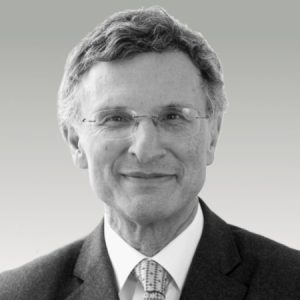
Andrew Likierman
Guest is known for...
Sir Andrew Likierman is the former Dean of the London Business School. He has been researching the topic of Judgment for several years. He is the senior National Independent Director of Times Newspapers Ltd and an NED of listed insurance company Beazley Group and of Monument Bank. His former Non Executive roles have included Bank of England and Barclays Bank Plc.
Here's what I will learn...
We initially spoke about his journey through life and his various choices including his arc of curiosity around measuring things that are hard to measure that eventually led him to studying Judgment.
LISTEN TO THE FULL CONVERSATION
From the Podcast
Andrew speaks about how he came up with a framework to measure judgment. He also speaks about the nature of research he did to get to what was judgment and the variables that go in there. He also speaks about how the framework has evolved over time as he did his research and particularly speaks about the role of values in judgment.
Andrew speaks about the criticality of listening attentively to not just what is being said but also what is not being said. He says that the first element involved in judgment is about the quality of the data we consume, the extent to which we do our homework and our ability to ask the right questions to the people around us to get the information that really matters (than be inundated with volumes of information that may not be relevant).
Andrew speaks about how we need to seek diverse inputs while going about a decision and not just look for people that reaffirm our view. He refers to Abraham Lincoln who had the reputation of assembling people around him that gave him a contra-view.
Andrew speaks about how leaders can keep track of the run rate of decisions they make. He speaks about how some sort of a reflection process (daily, weekly, yearly) could help you take stock of the key choices you have made and how you fared in them.
Andrew speaks about how we all have intellectual and emotional biases when we make decisions and he speaks about how we can minimize being influenced by the biases during such moments. He speaks about some tactical tips around how one of the organizations tackles this by unearthing prior biases that different people in the room might have towards a situation.
One of the key elements of Judgment that Andrew speaks about is the notion of looking at the entire range of possibilities. Sometimes we fall into the bias of “what you see is what there is” during a transition. It is critical to ensure that we examine the entire range of possibilities before we take a call in a certain situation.
Andrew shares his perspectives around the criticality of the various steps involved in getting to a good judgment in these times. Given that there are so many unknowns for leaders to grapple with, and given that this is a once in a lifetime crisis that all of us are facing, there is no real playbook for us to work with. In that context, Andrew underscores the importance of having the right process of getting to meaningful judgment.
